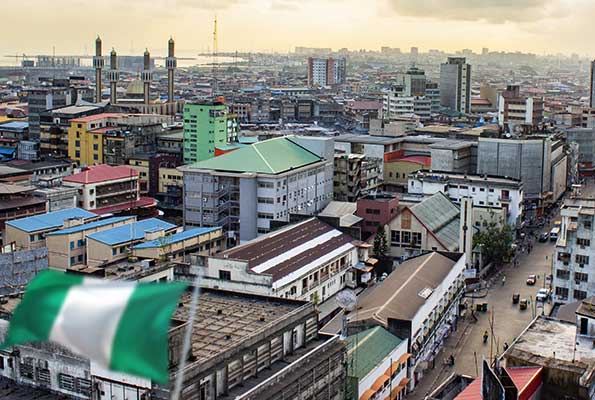The price of housing in Nigeria has been extremely high for a while. Finding a decent accommodation is becoming increasingly difficult in the nation. In Ibadan, Oyo State, a two- or three-bedroom flat around the Oluyole Extension or Ring Road will cost between N450,000 and N500,000.
The overall package, which includes the percentage paid to the agents who won the property, the caution cost, and any additional expenses required by the landlord or landlady, will thus be between N550,000 and N700,000. It is far more expensive in neighbourhoods like Bodija Estate and UI. As a result, renting a two-bedroom apartment in these neighbourhoods can cost up to N1.5 million.
Homes in areas like Iwo Road are still available for between N200,000 and N350,000 years. In communities like Felele, a self-contained apartment costs N250,000, while a two-bedroom home ranges from N350,000 to N450,000. Apartments with three bedrooms start at N500,000, as per a report from the Nigerian Tribune.
These prices exclude agent fees and others. A two-bedroom Omi Adio flat costs N200,000. A three-bedroom flat will cost between N250,000 and N300,000 annually. At the minimal pay, few workers can afford a lovely apartment. Lagos and Abuja are no better.
Mrs Idowu is a widow who lives near Iyana Church in Ibadan. She stated her intention of moving out from her current accommodation due to the rising rent. The brokers are showing her houses with yearly costs between N250,000 and N350, 000, as per her, is a chaotic experience. The package costs N350, 000–N450, 000. She can’t afford this fee even as an estate firm secretary.
Mrs Idowu’s annual dwelling rent is N150,000, but her workplace is a remote one. Mr Kehinde, who just raised his house rent from N100,000 to N200,000, says the landlord isn’t to blame for apartment hunting. They own houses for profit. He thinks it’s too low. The residence has a well and no pumping machine or pre-paid metre. It is a 30–40-year-old block of four three-bedroom flats with a toilet in Monatan, Ibadan. He said he didn’t consider it a new house because many would “take” it at that price.
Landlords are also accused of having cruel regulations like “no generator from a particular time of the day to another time,” “no guests,” and others. Many Nigerians share the above experiences. The domestic population is struggling to pay high house rents because they barely make ends meet. Feeding has been expensive, and most households prioritise food. As a result, many Nigerians barely have enough to feed their families, clothe their children, and educate them.
The Central Bank of Nigeria (CBN) has recently banned most Primary Mortgage Banks from accessing FMBN’s National Housing Fund (NHF) loans for Nigerians. The government might also revive mortgage policies to boost the housing sector’s growth.
And the issue has now grabbed media headlines amid Nigeria’s inflation rate hitting a fresh 17-year high of 21.91% in the early half of 2023.
There is also a significant cash scarcity across the country due to President Muhammadu Buhari-led regime’s attempt to phase out the old naira notes.
Food inflation has increased from 24.32% in January 2023 to 24.35% in February, with the prices of oil and butter, bread and cereals, potatoes, yams, fish, fruits, meat and vegetables reaching skyrocketing highs.



